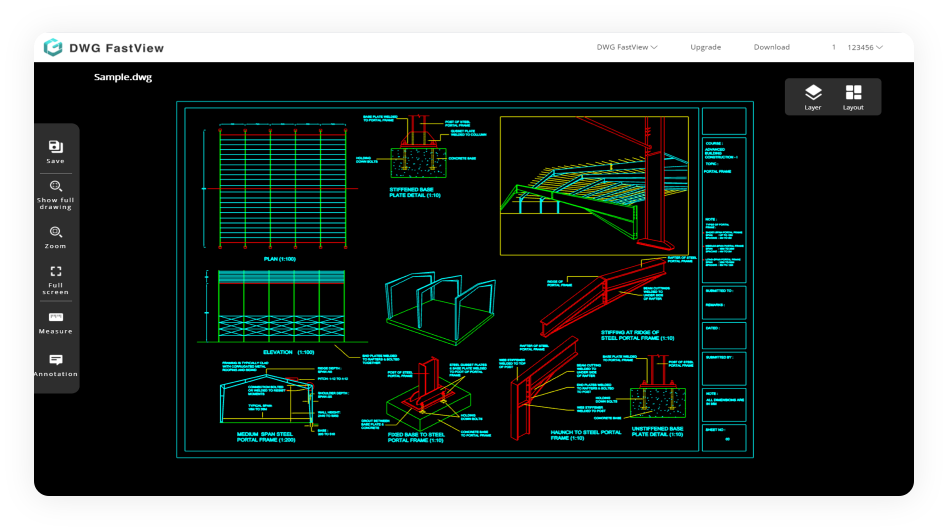The Significance of Length Symbols in Various Fields from freeamfva's blog
The Significance of Length Symbols in Various Fields
Length symbols are a fundamental aspect of many scientific, mathematical, and everyday contexts. They represent units of measurement that quantify the extent of an object along a particular dimension.To get more news about length symbol, you can visit shine news official website.
In the realm of physics and engineering, length symbols are used to denote various units of measurement. The most commonly used length symbol is ‘m’, which stands for meters, the standard unit of length in the International System of Units (SI). Other length symbols include ‘cm’ for centimeters, ‘mm’ for millimeters, and ‘km’ for kilometers.
 Length symbols also play a crucial role in mathematics, particularly in geometry and trigonometry. In these fields, length symbols are used to represent the sides of shapes and the distances between points. They are essential for solving problems and proving theorems.
Length symbols also play a crucial role in mathematics, particularly in geometry and trigonometry. In these fields, length symbols are used to represent the sides of shapes and the distances between points. They are essential for solving problems and proving theorems.
In computer science, length symbols are used in a different context. They are used to denote the length of arrays, strings, and other data structures. Understanding the length of these structures is crucial for efficient memory usage and performance optimization.
Length symbols are also prevalent in everyday life. They are used in clothing sizes, room dimensions, and even in cooking recipes. Understanding these symbols is essential for practical tasks like shopping for clothes, planning a home renovation, or cooking a meal.
However, the use of length symbols is not without its challenges. One of the key considerations is the issue of unit conversion. Different systems of measurement use different length symbols, and converting between these systems can sometimes be complex. Therefore, a solid understanding of these symbols and their corresponding units is necessary.
In conclusion, length symbols are a versatile and useful tool in various fields. They provide a standardized way to quantify and communicate lengths, distances, and sizes. Whether in science, mathematics, computer science, or everyday life, the use of length symbols enhances clarity and understanding.
In the realm of physics and engineering, length symbols are used to denote various units of measurement. The most commonly used length symbol is ‘m’, which stands for meters, the standard unit of length in the International System of Units (SI). Other length symbols include ‘cm’ for centimeters, ‘mm’ for millimeters, and ‘km’ for kilometers.
 Length symbols also play a crucial role in mathematics, particularly in geometry and trigonometry. In these fields, length symbols are used to represent the sides of shapes and the distances between points. They are essential for solving problems and proving theorems.
Length symbols also play a crucial role in mathematics, particularly in geometry and trigonometry. In these fields, length symbols are used to represent the sides of shapes and the distances between points. They are essential for solving problems and proving theorems.In computer science, length symbols are used in a different context. They are used to denote the length of arrays, strings, and other data structures. Understanding the length of these structures is crucial for efficient memory usage and performance optimization.
Length symbols are also prevalent in everyday life. They are used in clothing sizes, room dimensions, and even in cooking recipes. Understanding these symbols is essential for practical tasks like shopping for clothes, planning a home renovation, or cooking a meal.
However, the use of length symbols is not without its challenges. One of the key considerations is the issue of unit conversion. Different systems of measurement use different length symbols, and converting between these systems can sometimes be complex. Therefore, a solid understanding of these symbols and their corresponding units is necessary.
In conclusion, length symbols are a versatile and useful tool in various fields. They provide a standardized way to quantify and communicate lengths, distances, and sizes. Whether in science, mathematics, computer science, or everyday life, the use of length symbols enhances clarity and understanding.
Post
| By | freeamfva |
| Added | Dec 13 '23 |
Tags
Rate
Archives
- All
- March 2025
- February 2025
- January 2025
- December 2024
- November 2024
- October 2024
- September 2024
- August 2024
- July 2024
- June 2024
- May 2024
- April 2024
- March 2024
- February 2024
- January 2024
- December 2023
- November 2023
- October 2023
- September 2023
- August 2023
- July 2023
- June 2023
- May 2023
- April 2023
- March 2023
- February 2023
- January 2023
- December 2022
- November 2022
- October 2022
- September 2022
- August 2022
- July 2022
- June 2022
- May 2022
- April 2022
- March 2022
- February 2022
- January 2022
- December 2021
- November 2021
- October 2021
- September 2021
- August 2021
- July 2021
- June 2021
- May 2021
The Wall